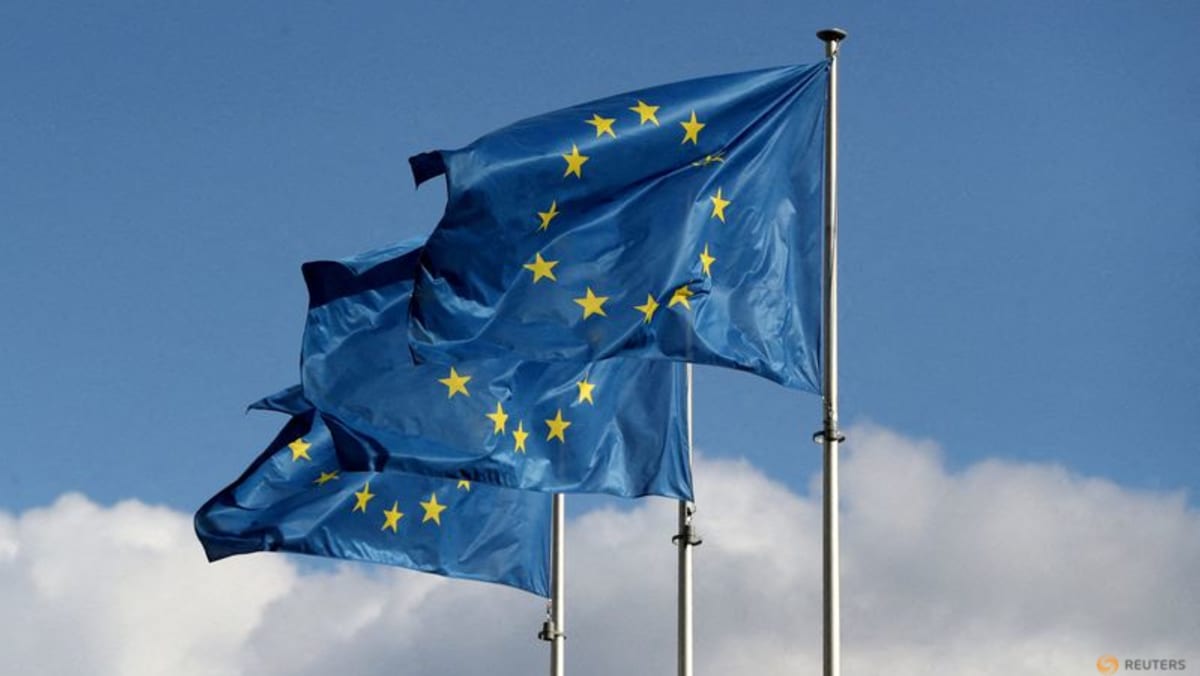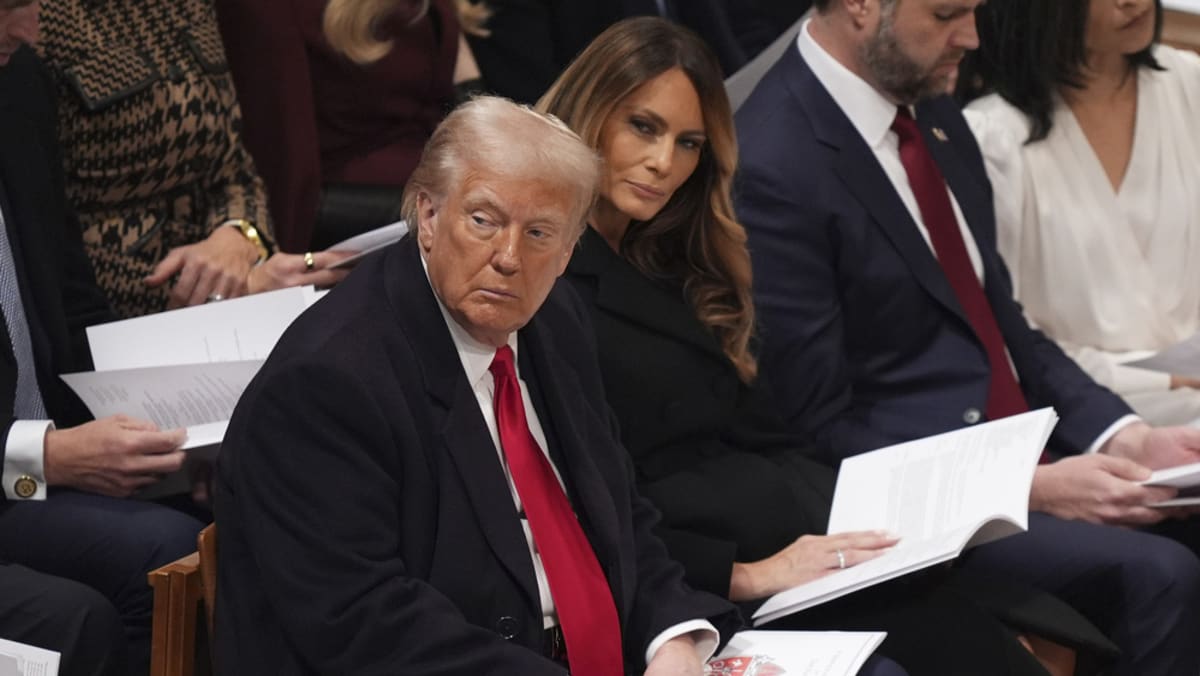Since the Republican’s electoral win in November, European Union leaders have sought to project confidence, insisting the bloc had learned how to deal with Trump and was prepared for his comeback.
Campaign trail promises to “take other countries’ jobs”, slap tariffs on US allies and halt aid to Ukraine barely elicited a reaction as Brussels insisted it was ready, come what may.
But as Trump’s menaces and outbursts, including a threat to annex Greenland, piled on after the vote, some lawmakers have grown impatient with the EU’s wait-and-see attitude.
“We share a lot of things with the Americans, but at the same time we must not be naive,” warned Marie-Pierre Vedrenne, from the centrist Renew group.
“We must not let our actions be dictated to us by Donald Trump or Elon Musk”.
Lawmakers will debate whether the EU can find a unified voice to confront a cantankerous Washington.
But parliament itself is divided on the issue and – unlike many national assemblies – holds little real power, particularly on foreign policy.














